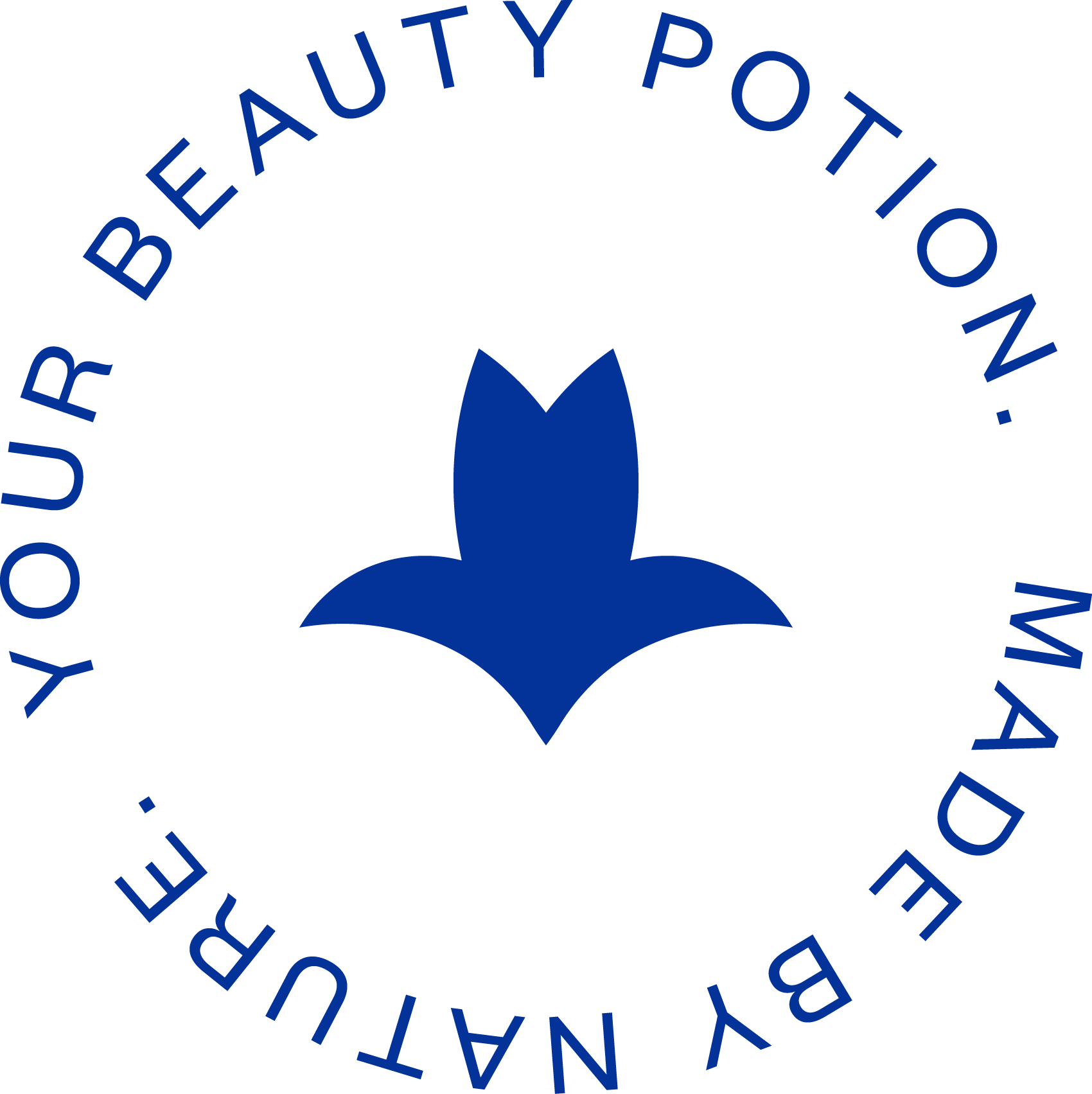Is your favorite brand fully honest and transparent? Do you know the difference between natural, vegan, organic, cruelty-free and plant-based?
The majority of products on the market now are created with chemicals that have been around for decades. Since then, researchers have discovered that a large number of these compounds are linked to conditions like cancer, asthma, birth abnormalities, and infertility.
You use some of these chemicals every day in items like skincare, shampoo, detergent, furniture, etc. There is frequently no legal requirements for manufacturers to declare their entire list of ingredients on product packaging or websites, making it impossible for consumers to know what they are actually purchasing.
If you look on a company website at the product description and you cannot find the entire list of ingredients, but only a few of them, this should ring a bell. It means they are hiding something.
This is often the case within the beauty industry, when companies that have been on the market for ages and have already gained your trust, are not entirely transparent.
At LILIXIR, we value full transparency, full ingredient disclosure on the labels, warnings and publishing the research sources. This is a prove LILIXIR is a brand you can trust.
What does Natural, Organic and Cruelty-Free mean? Are they synonyms with Vegan, Plant-Based and Chemical-Free?
What is Natural Skincare?
The term "natural" from “Natural Skin Care” is not a legally regulated term in beauty industry. A product labeled "natural" or "with natural ingredients" can still contain a high percentage of synthetic ingredients.
The term “natural skin care” can mean different things and each brand can choose what “natural” means for them.
There’s a lot of debate in the industry on what’s considered ‘natural’ and what’s not.
Often, natural ingredients can be inconsistent in makeup and skincare, so it’s hard to measure effectiveness and potency. As well, some natural ingredients, like essential oils, can cause irritation to the skin, if they are not correctly used in formulations.
What is naturally occurring?
This type of ingredients are used in their natural, unprocessed state. Examples of naturally-occurring ingredients include raw honey, crushed flowers or cold-pressed oils.
What does nature-identical mean?
Nature-identical ingredients used in skincare products are produced in a lab and are chemically identical to those that occur in nature. An example is sorbic acid. Originally derived from rowan berries, sorbic acid is now often obtained in a lab and commonly included as a nature-identical ingredient.
What is organic skincare?
Some companies might call they products "organic" while they don't actually have an "Organic Certification" or even, what's more disappointing, when a half of their ingredients are also not certified organic. To legally display on label that your product is "organic" you need a certification from a tertiary company like USDA Organic, Canada Organic, Ecocert, etc.
What is vegan skincare?
Vegan-certified cosmetic product is defined as containing no animal ingredients or by-products, using no animal ingredients or by-products in the manufacturing process. But also, vegan does not necessarily mean plan-based, these products can include synthetic ingredients (not animal derived).
Cruelty - Free
In order to obtain a Cruelty-Free certification, companies must commit to ending animal testing at all stages of product development, in addition to re-committing to the program each year and being open to third-party audits. Not all companies that claim to be cruelty-free have obtained a Cruelty-Free Certification. Check out their website.
Here is LILIXIR Cruelty-Free Certification provided by Leaping Bunny Program.
Chemical Free
Many skincare brands are trying to represent themselves as safe to consumers, so they claim they sell “chemical-free” beauty products, when in reality even water is a chemical and has a chemical composition!
There are no Chemical-Free products.
Synthetic
This term is at the extreme end of the spectrum and includes ingredients that have been created and processed in the laboratory. An example of this is parabens or phenoxyethanol, which are common synthetic preservatives.
"Free From" Statements
"Free from Parabens, Phthalates, Alcohol, GMO etc." are trendy claims in the beauty and cosmetic industry.
We believe because certain of the above components (like parabens) are safe when used according to the Cosmetics Regulations, the use of these type of claims is denigrating other brands.
At LILIXIR, we are proud to talk about only what is inside of the bottle, and not about what is not, or it should not be there in the first place.
How is LILIXIR different?
At LILIXIR, we are not against synthetic ingredients. Plant-based and clean, for us it's all about avoiding any potentially harmful and toxic ingredients. What we would like to emphasize is more transparency. We believe companies should be more honest when marketing their products and not only talk about a few plant-based and certified organic ingredients in their products.
It is just dishonest to call your product natural when it contains Retinol, Phenoxyethanol, Fragrance etc. Even if these ingredients might be safe and good for your skin, they are still synthetically obtained in a lab. Similarly, you may not call your products "organic" unless you obtained a certification from a tertiary company like USDA Organic, Canada Organic, Ecocert, etc.
LILIXIR values the power of natural compounds contained in plants, used in medicine for centuries. We think our skin can really benefit from the compounds that, for example, leaves use to stay green, or blueberries to stay blue, or the ability of desert plants to withstand high temperatures and sun exposure without water. The antioxidant capacity of some plants, the moisturizing effects and the advantageous rejuvenating properties from others are highly appreciated at LILIXIR.
Comment below and share this article on your social media if this was helpful! Sign up to LILIXIR Newsletter for more educational content like this and don't miss any future blog posts.





